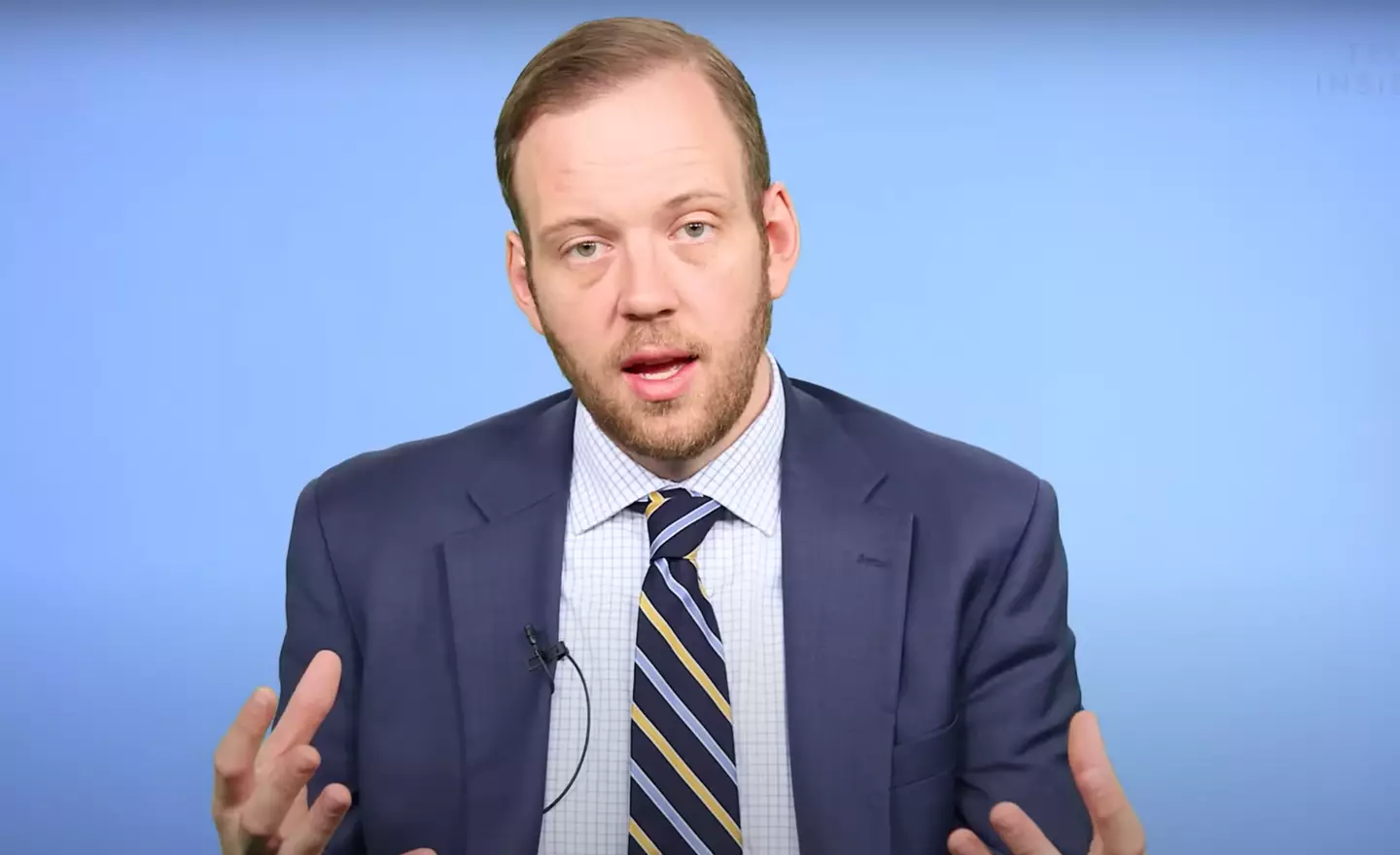
A 2022 survey found that 75 percent of Americans are worried about their personal, credit card or financial information being stolen by hacking.
Hackers are equipped with both the technical know-how and state-of-the-art, making it easy to infiltrate our devices.
With individuals, companies and even governments falling victim to cyber-attacks, the prospect of getting hacked can seem inescapable.
It can make you wonder whether your information is even safe on the internet anymore.
Advert
Fortunately, there are things you can do to prevent it from happening to you.
In a YouTube video with Business Insider, former NSA hacker David Kennedy shared five easy ways to protect yourself from hackers.
First, if two-factor authentication is an option, use it. This adds an extra layer of security to your online accounts.
Kennedy says: "Your banking systems, Twitter, Facebook all support the ability for you to enable an additional security feature.
"You can enable it and every time that you log in, it'll register you computer and you can then get a text message to go into that system as a second form of verification."
Why is this important? Well, it provides an extra barrier against hackers. If a hacker gets access to your password, there's still something preventing them from accessing your information.

His second tip is something we're all guilty of. "Don't use the same password everywhere," he stresses.
"Using the same password everywhere is one of the easiest ways that we break in as hackers. If you have the same Twitter password as your banking information, those are things that can get you in serious trouble."
And, we should all be keeping up to date on security software for our devices.
"Every time you have a Windows update that says, 'Hey I need to update your computer,' it's usually to fix a known attack that hackers have figured out to get access to your computer," Kennedy explains.
Safe to say it's best not to ignore the update reminders for weeks on end then.

His next piece of advice is a given - be careful with what you share on social media!
"We as attackers can look at what you do, your spending habits, what you might be doing from a day-to-day perspective.
"Those are all things that we can use to identify when you're gonna be out of the country or at a business meeting. We can use that as a method to attack you."
And, last but not least, your personal information is one of biggest things attackers can leverage to get access to your data. So, be careful when sharing it.
"A person is not going to call you on the phone from a banking service and ask for [things like social security numbers or credit card numbers]," Kennedy says.
"So whenever you get a call that's too good to be true or a call from a fraud services line, call them back. Look at the number of the website themselves and call it back because a lot of times, attackers will impersonate financial services to try to get your personal information."
